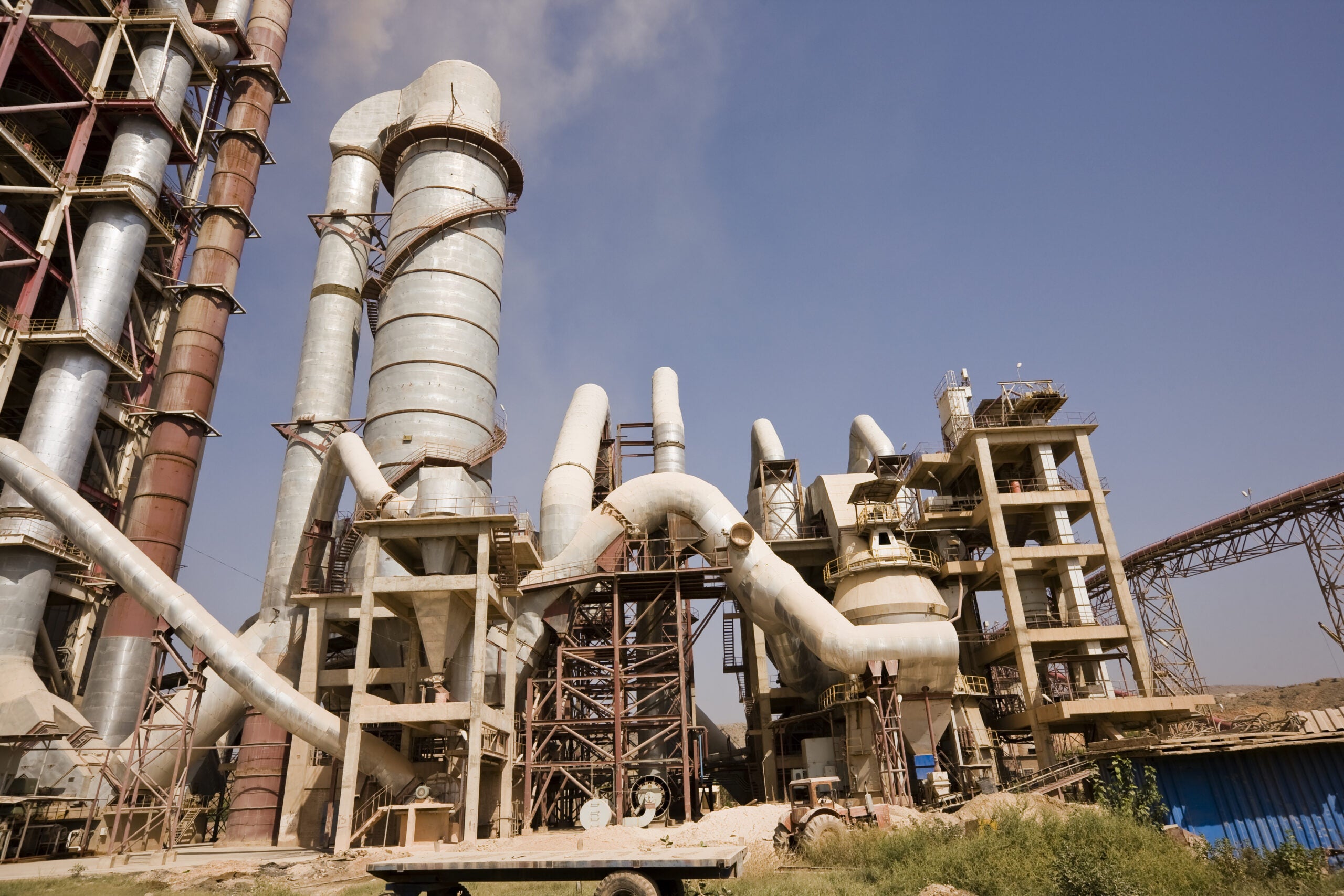EPA Faces Court Challenge Over Solid Waste Loophole
Groups say loophole allows for burning of toxin-filled substances with little regulation
Contact
Groups filed a brief in federal court to challenge the U.S. Environmental Protection Agency’s creation of a loophole that allows industrial polluters such as cement plants, chemical plants, and paper mills to burn tires, demolition waste and wide variety of other industrial wastes without controlling, monitoring, or reporting the toxic pollution that results.
The groups’s brief, filed April 28 in the U.S. Court of Appeals for the District of Columbia Circuit, explains that EPA’s loophole circumvents both the Resource Conservation and Recovery Act and the Clean Air Act. The Resource Conservation and Recovery Act makes clear that because materials like tires have been discarded they are waste, and the Clean Air Act makes clear that all facilities that burn any waste material must meet strict emission standards, must monitor their emissions, and must report those emissions to the public.
“How can you have plants burning waste and releasing toxins into the air and the rest of us being told that basically no regulation and no monitoring is necessary? Garbage is still garbage, whether it’s thrown in a landfill, discarded in a river or burned,” said Seth Johnson, Earthjustice associate attorney. “Communities should know what toxins they’re being exposed to.”
The lack of protective control and monitoring requirements are a significant public health concern, according to the groups that filed suit.
Tires contain noxious substances, like sulfur, lead and chlorine-containing compounds that can form dioxins when burned. Dioxins are carcinogens that can cause reproductive and developmental problems. Lead, a neurotoxin, can cause brain, blood and nervous system disorders.
Additional Facts:
Under the Non-Hazardous Secondary Materials rule, tires, used oil, and wood from construction and demolition materials, which can contain plastics and metals, can be burned in cement plants and in industrial power plants and heaters called boilers.
The result of these loopholes means there is:
- No requirement of public notice to burn waste at more than 1.5 million facilities nationwide.
- More toxic emissions. Ninety-nine percent of industrial power plants not subject to any emissions testing under this loophole.
The EPA previously tried to exempt plants burning these materials and more from being subject to stronger air pollution control requirements in 2004, but those efforts were blocked by the courts. A number of groups that filed the lawsuit said in a joint statement:
“It is shocking that a federal agency whose mission is to guard against threats to human health and the environment would create loopholes that allow industries to burn toxin-filled materials with no real oversight,” the groups said. “We should know what our communities are being exposed to, and we rely on EPA to protect our communities from dangerous toxins. We hoped that EPA would do the right thing and stop trying to make an end-run around Congress and weaken public health protection. But it hasn’t, so we’re turning to the courts to hold EPA accountable to the law.”
— Huron Environmental Activist League, Louisiana Environmental Action Network, Environmental Integrity Project, Clean Air Council, Partnership for Policy Integrity.
In this lawsuit, Earthjustice represented: Louisiana Environmental Action Network, Environmental Integrity Project, The Partnership for Policy Integrity, The Sierra Club, Montanans Against Toxic Burning, Downwinders At Risk, Desert Citizens Against Pollution and Clean Air Council.

Additional Resources
About Earthjustice
Earthjustice is the premier nonprofit environmental law organization. We wield the power of law and the strength of partnership to protect people's health, to preserve magnificent places and wildlife, to advance clean energy, and to combat climate change. We are here because the earth needs a good lawyer.